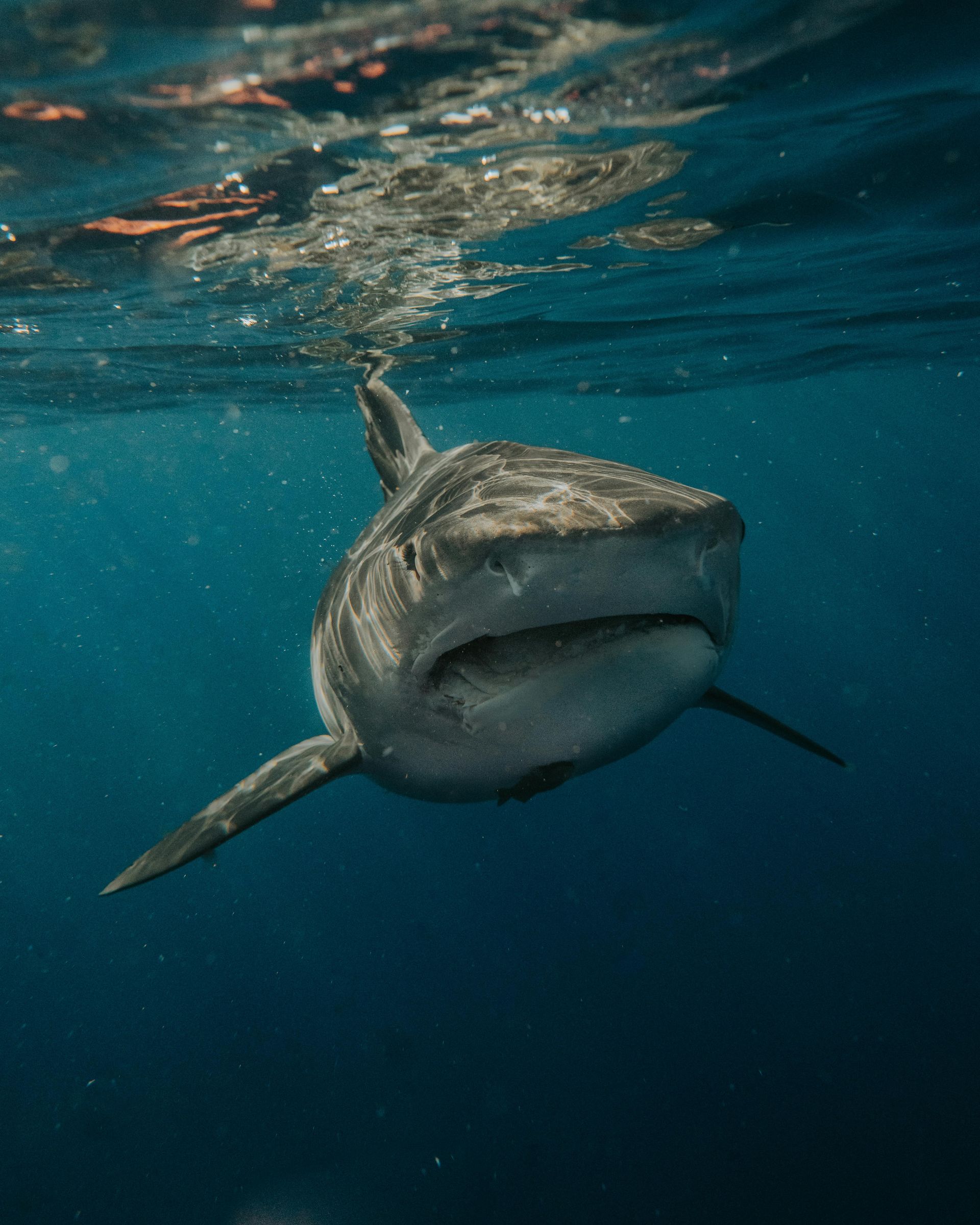Great white sharks return to South African Shores: Part 2
Disproving the Stigma Around Great White Sharks

Great white sharks are often portrayed as menacing predators in popular media, leading to a widespread fear and misunderstanding of these remarkable creatures. However, the reality of great white sharks is far more complex and fascinating. It's time to dispel some of the common myths and misconceptions surrounding these apex predators and recognise their crucial role in the marine ecosystem.
Myth 1: Great White Sharks are Man-Eaters
Reality: While great white sharks are powerful predators, they are not man-eaters. Most shark attacks on humans are cases of mistaken identity, where the shark confuses a swimmer or surfer for its natural prey, such as seals. According to the International Shark Attack File, the number of unprovoked shark attacks worldwide is relatively low, and fatalities are even rarer. Great white sharks typically do not seek out humans as a food source.
Myth 2: Great White Sharks are Mindless Killers
Reality: Great white sharks are highly intelligent and curious creatures. They have complex social behaviours and sophisticated hunting strategies. Research has shown that great whites can use their acute senses to assess potential prey and their environment carefully. Far from being mindless killers, they are discerning hunters with an essential role in maintaining the health of marine ecosystems.
Myth 3: Great White Sharks are Abundant and Not Endangered
Reality: Great white sharks are, in fact, vulnerable and face numerous threats from human activities. Overfishing, bycatch in commercial fisheries, and habitat degradation have led to a decline in their populations. They are currently listed as vulnerable by the International Union for Conservation of Nature (IUCN). Protecting these sharks is crucial for preserving marine biodiversity.
Myth 4: Great White Sharks Have No Natural Predators
Reality: While great white sharks are apex predators, they are not invincible. Orcas, or killer whales, have been known to prey on great white sharks, particularly targeting their livers, which are rich in nutrients. This natural predator-prey relationship is a testament to the complex dynamics within marine ecosystems.
The Importance of Great White Sharks
Great white sharks play a vital role in maintaining the balance of marine ecosystems. As apex predators, they help regulate the populations of their prey, such as seals and smaller sharks. This top-down control is essential for preventing the overpopulation of certain species, which can lead to imbalances and the decline of other marine life.
Moreover, great white sharks are an indicator of ocean health. Their presence signifies a robust and balanced ecosystem. Protecting them and their habitats is not only crucial for their survival but also for the overall health of our oceans.
Promoting Understanding and Conservation
Education and awareness are key to changing perceptions about great white sharks. By learning more about their behaviour, ecology, and importance, we can shift the narrative from fear to appreciation and respect. Here are some ways to promote understanding and conservation:
- Support Shark Research: Contributing to organisations and research initiatives focused on shark conservation can help gather vital data and develop strategies to protect these creatures.
- Eco-Tourism: Participating in responsible shark-watching and cage-diving tours can foster a deeper appreciation for great white sharks and support local conservation efforts.
- Advocacy: Advocating for policies that protect sharks and their habitats is crucial. This includes supporting marine protected areas and regulations that reduce bycatch and overfishing.
Great white sharks are magnificent and misunderstood creatures that deserve our respect and protection. By debunking myths and fostering a deeper understanding, we can help ensure their survival and the health of our oceans for generations to come.










